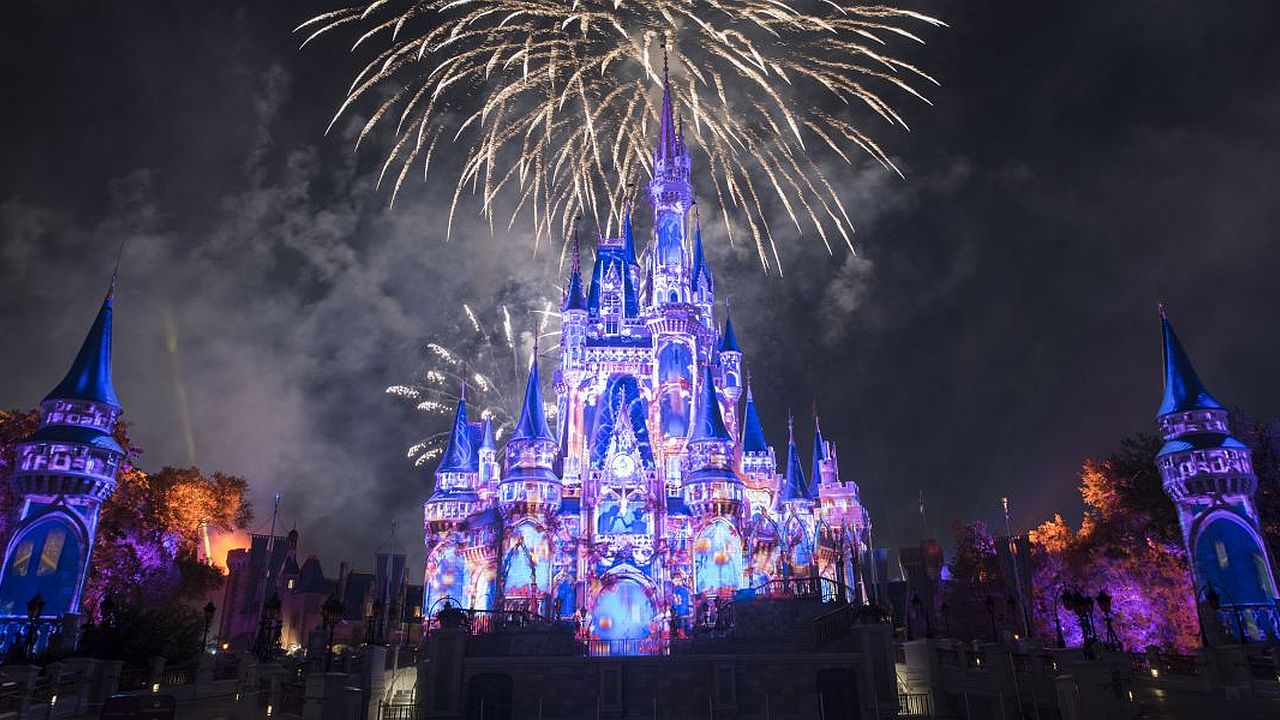
Over several months, relations between the Walt Disney Company and current Florida governor Ron DeSantis haven’t been the best. Legal and political battles stemming from Disney’s reaction to the “Don’t Say Gay” bill have seen DeSantis trying to remove special privileges that the company has enjoyed in its operations, with Disney winning some key victories. Now Walt Disney World’s parent organization is making its own move, suing Governor DeSantis in the name of free speech.
At the heart of the Disney v. DeSantis battle is control of the Reedy Creek Improvement District, an area crucial to Walt Disney World’s operations as it was tailor-made for Walt Disney and his parks. Due to the actions to strip the company of its authority over RCID, the crux of the suit filed by Disney is best summed up by a passage highlighted by Deadline, which sets the basis for this legal action as follows:
…a targeted campaign of government retaliation—orchestrated at every step by Governor DeSantis as punishment for Disney’s protected speech—now threatens Disney’s business operations, jeopardizes its economic future in the region, and violates its constitutional rights.
Disney also explained in its complaint its reasoning for filing the lawsuit, saying:
Disney regrets that it has come to this. But having exhausted efforts to seek a resolution, the company is left with no choice but to file this lawsuit to protect its cast members, guests, and local development partners from a relentless campaign to weaponize government power against Disney in retaliation for expressing a political viewpoint unpopular with certain state officials.
The only thing anyone needs to do to see where The Walt Disney Company is coming from in its claims is to read the news. Governor DeSantis has become the political face of a crusade against a multinational corporation that operates in his state, but disagrees with his politics.
To that end, Ron DeSantis’ recent legislative threats against the company have ranged from imposing tolls on Walt Disney World roads and potentially raising resort taxes, to even joking about building prisons on properties near the theme park campus.
It’s all on top of DeSantis signing a law to drastically change Disney’s authority over the Reedy Creek Improvement District, which he even appointed his own board of oversight in the process. Amping things up in recent weeks, DeSantis also dropped a document calling out Disney World's "ethics." Based on the language and tactics used by Ron Desantis, one could convincingly make the case that the stakes are personal.

RELATED: Epcot: The Original Plan For Walt Disney World's City Of The Future
Reedy Creek Improvement District was initially formed to help Walt Disney build his Experimental Community of Tomorrow, which sadly never came to pass. However, the unique arrangement has given Disney’s corporate successors plenty of advantages when it comes to shaping the future of Walt Disney World, an economic lynchpin to the Florida economy.
This new lawsuit between Disney and Governor Ron DeSantis has the potential to alter the precedent surrounding how theme parks and the government work together. It also stands to become a potentially crucial case that could influence any other theme park companies who are trying to aim at using the Disney model themselves in the name of competition. For now, we’ll have to wait and see where these tense conflicts lead, and how both parties vary strategies to potentially become the victor.







